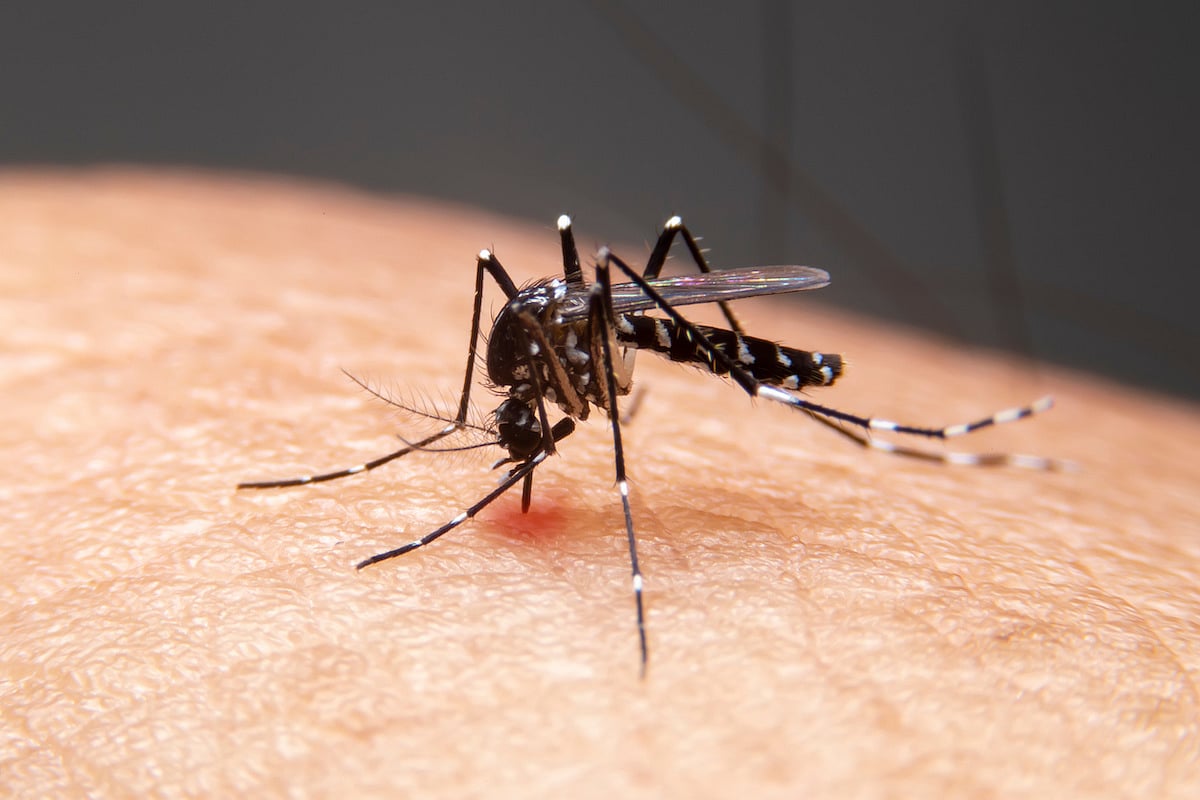
Many kids are spending a lot of unnecessary time under observation in a hospital following a sudden allergic emergency, a new study concludes. About 17% of kids are admitted for overnight observation following a scary allergic reaction to food, medicine or insect bites, researchers reported. But 95% of children treated for allergic reactions can be… read on > read on >


















